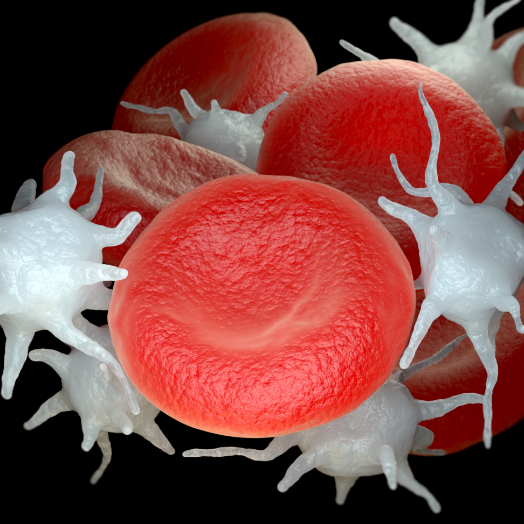
In cancer, angiogenesis plays a crucial role in tumor growth and metastasis. By preventing the formation of new blood vessels, angiogenesis inhibitors can starve tumors of the nutrients and oxygen they need to grow, and can also prevent the spread of cancer to other parts of the body.
Angiogenesis inhibitors work by targeting specific proteins or signaling pathways that are involved in the angiogenic process. For example, some angiogenesis inhibitors target the vascular endothelial growth factor (VEGF) pathway, which is a key regulator of blood vessel growth. By blocking the action of VEGF, these drugs can prevent the formation of new blood vessels.
There are several types of angiogenesis inhibitors currently approved for use in the treatment of cancer, including monoclonal antibodies, small molecule inhibitors, and gene therapies. Examples of angiogenesis inhibitors used in cancer treatment include bevacizumab, sunitinib, and sorafenib.